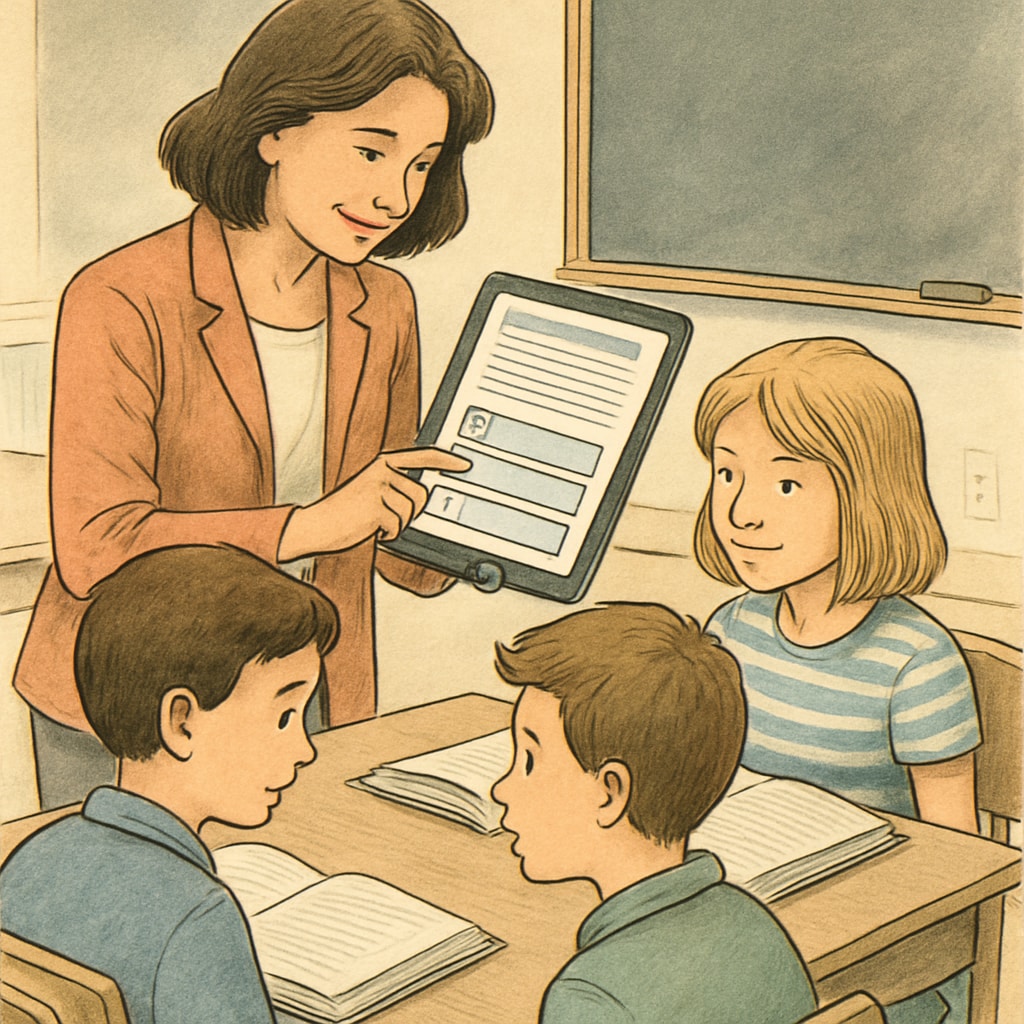The Accelerated Reader (A.R.) point system has long been used to incentivize reading comprehension in elementary schools. However, many educators and parents are seeking free alternatives to overcome the limitations of this approach. By focusing on diverse reading incentives, integrating digital tools, and fostering community engagement, we can cultivate a deeper love for reading while improving comprehension skills.
Why Move Beyond the A.R. Point System?
The A.R. point system relies on standardized quizzes to reward students with points based on their reading progress. While effective in some cases, it can inadvertently prioritize quantity over quality and limit access to reading materials outside its database. Moreover, schools and families often face budget constraints that make the system less accessible.
Recognizing these challenges, educators are now exploring free, innovative solutions to inspire students. These solutions aim to create a reading environment that values curiosity, critical thinking, and engagement over mere performance metrics.

Free Alternatives to Foster Reading Engagement
There are several cost-free methods educators and parents can use to replace or supplement the A.R. point system. Below are some actionable ideas:
- Book Clubs: Create student-led book clubs to encourage collaborative discussions and peer recommendations. This fosters social interaction and critical thinking.
- Digital Libraries: Utilize free resources such as Internet Archive and Project Gutenberg, which offer thousands of free eBooks suitable for young readers.
- Reading Challenges: Organize themed reading challenges (e.g., “read a mystery book” or “explore a new genre”) to spark curiosity and creativity.
- Community Storytime: Collaborate with local libraries and community centers to host storytelling sessions, exposing students to diverse narratives and perspectives.
Each of these approaches emphasizes enjoyment and exploration rather than competition, making reading a rewarding experience for all students.
Leveraging Digital Tools for Reading Comprehension
Free digital tools can play a significant role in enhancing reading comprehension skills. Platforms such as CommonLit and ReadWorks provide curated reading materials and comprehension exercises tailored to various grade levels.
Additionally, educators can incorporate interactive apps and games that focus on vocabulary building, sequencing, and critical analysis. For example:
- Quizizz: Create custom quizzes to assess comprehension in a fun, gamified format.
- Epic: Provide students with access to thousands of age-appropriate books and audiobooks.
By combining traditional reading practices with modern technology, students can benefit from personalized learning experiences that cater to their unique needs.

Building a Sustainable Reading Culture
To ensure long-term success, schools and families must prioritize inclusivity and sustainability in reading initiatives. Here are some principles to consider:
- Student Choice: Empower students to select books based on their interests to foster intrinsic motivation.
- Diverse Representation: Include books that represent various cultures, identities, and experiences to nurture empathy and global awareness.
- Community Involvement: Partner with local organizations to donate books and create shared reading spaces.
As a result, students will develop a lifelong passion for reading, which positively impacts academic performance and personal growth.
Ultimately, transitioning to free alternatives to the A.R. point system is not just about saving costs—it’s about creating a richer, more inclusive environment where every child can thrive as a reader.


